Cat Litter Killer in Whales of the North
The warming of the Arctic is thought by scientists to be responsible for the emergence there of two parasites that seek out marine mammals.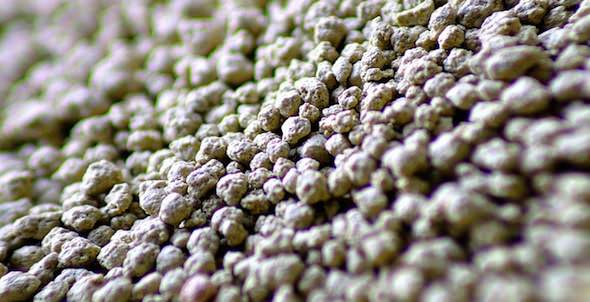
By Tim Radford, Climate News NetworkThis piece first appeared at Climate News Network.
CHICAGO — The great Arctic thaw – up to 50% of sea ice by area and 75% by volume in the summer season – could be offering new opportunities for one of the planet’s most successful parasites. Toxoplasma gondii, an infection spread by almost all cat species, has been identified for the first time in the western Arctic Beluga whale.
Toxoplasma is found almost everywhere that cats settle: domestic pets, ocelots, cougar, wild cats all carry and spread oocysts of the parasite (structures it uses to transfer to new hosts) in their faeces, to be spread further with discarded cat litter.
The parasite is notoriously hard to kill. Scientists store their samples in sulphuric acid, and the creature can survive unharmed in bleach. It is, however, routinely killed by freezing conditions, or boiling water.
The suspicion is that with the steady, sustained warming of the Arctic over the past 30 years, chiefly because of a buildup of carbon dioxide in the atmosphere, the retreat of the ice has begun to allow new traffic in parasite infections.
Another parasitic killer, a new strain called Sarcocystis pinnipedi, normally found only in the highest, iciest latitudes, has been linked with mass deaths too: 406 grey seals died in 2012 in the north Atlantic. It has also been observed to kill Steller’s sea lions, Hawaiian monk seals, walruses, grizzly bears and polar bears as far south as British Columbia.
In the case of Toxoplasma, warming polar summers could have created conditions in which the parasite could find new warm-blooded hosts further north. In the case of the second parasite, the loss of ice has meant a greater mixing of species, and allowed Sarcocystis to find new hosts in warmer waters.
Cause of blindness
“Ice is a major barrier for pathogens”, Michael Grigg, of the US National Institutes of Health told the American Association for the Advancement of Science annual meeting here. “What we are seeing with the big thaw is the liberation of pathogens gaining access to vulnerable new hosts and wreaking havoc.”
Toxoplasma can also infect people: it is the leading cause of infectious blindness in humans, and can be dangerous to unborn children and to people with compromised immunity.
It has been found in human communities in northern Quebec, perhaps spread by the consumption of dried seal meat. The discovery of Toxoplasma in Beluga whales has begun to worry health officials. Belugas are part of the traditional diet of the Inuit hunters of the far North.
Seals, walruses and polar bears are all what scientists like to call “ice obligate animals”: the ice sheet provides them with their preferred habitat. With the loss of the ice, new species are colonizing the Arctic, and those creatures that cannot now use the ice sheet have been forced to invade new habitats.
“Marine mammals can act as ecosystem sentinels because they respond to climate change through shifts in distribution, timing of their movements and feeding locations”, said Sue Moore of the US National Oceanic and Atmospheric Administration. “These long-lived mammals also reflect changes to the ecosystem in their shifts in diet, body condition and physical health.”
Your support matters…Independent journalism is under threat and overshadowed by heavily funded mainstream media.
You can help level the playing field. Become a member.
Your tax-deductible contribution keeps us digging beneath the headlines to give you thought-provoking, investigative reporting and analysis that unearths what's really happening- without compromise.
Give today to support our courageous, independent journalists.
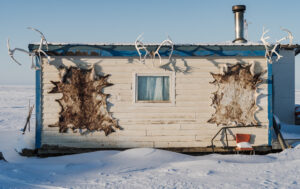
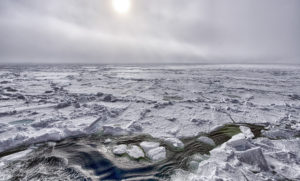
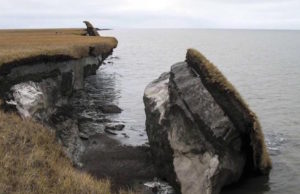
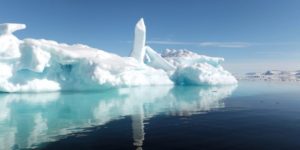


You need to be a supporter to comment.
There are currently no responses to this article.
Be the first to respond.